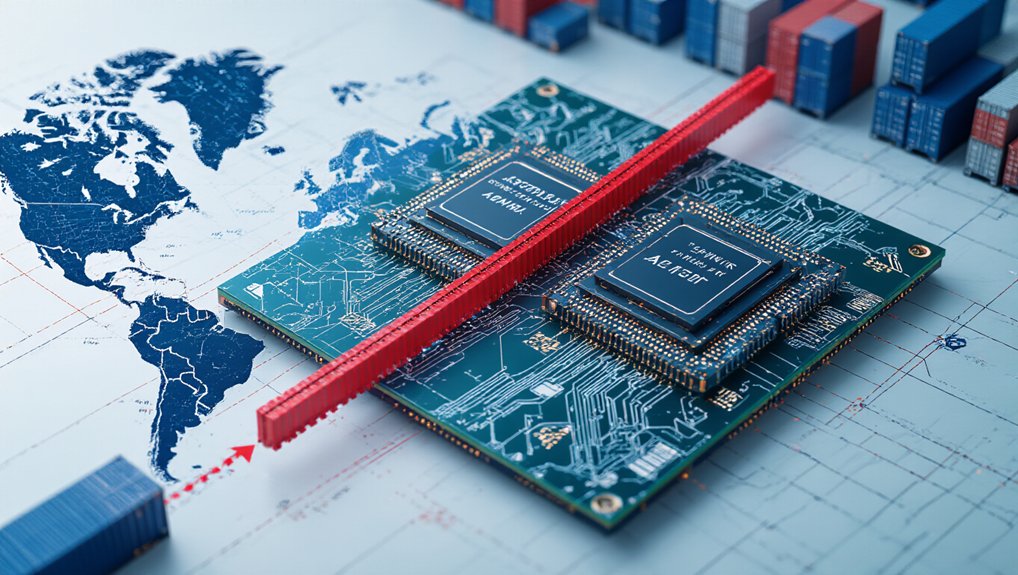OpenAI recently secured a massive $40 billion funding deal led by SoftBank. The catch? The company will only receive the full amount if it changes from nonprofit to for-profit status. If OpenAI stays nonprofit, it’ll lose $20 billion of the funding. The deal values the AI giant at $300 billion, comparable to ByteDance. The funds aim to build better systems and create new tools for ChatGPT’s 500 million users. This ultimatum could reshape AI’s future.
As OpenAI stands at a crucial crossroads, the AI company has secured a massive $40 billion funding deal with a clear condition attached. The funding, led by SoftBank Group, comes in two parts – $10 billion now and $30 billion in December 2025.
But there’s a catch: OpenAI must change from a nonprofit to a for-profit company to get the full amount. If it doesn’t make this change, it will only receive $20 billion, leaving $20 billion on the table.
This deal values OpenAI at an eye-popping $300 billion, placing it in the same league as ByteDance and just behind SpaceX. That’s more than the public market value of well-known companies like McDonald’s, which is worth about $223 billion.
When news of this deal broke, it caused AI-related stocks like CoreWeave to jump by over 38%.
The investment team includes big names like Microsoft, Coatue Management, Altimeter Capital, and Thrive Capital. SoftBank’s Vision 2 Fund has already put $2.2 billion into OpenAI since fall 2024.
These investors are betting on OpenAI’s work in advanced AI and its ability to scale technology. Changing to a for-profit model would help OpenAI compete with rivals like Google, Anthropic, and DeepSeek. This competition comes as the global AI market is expected to reach market cap projections of $190.61 billion by 2025, with an impressive annual growth rate of 37.3%.
The company plans to use the money to build better computer systems, speed up research, and create new tools for its 500 million ChatGPT users. OpenAI’s strategic partnership with SoftBank will leverage the investor’s scaling expertise to achieve these ambitious user targets. OpenAI wants to improve education and creativity while helping industries like healthcare and climate response.
However, this shift isn’t without risks. Critics worry that becoming for-profit might conflict with OpenAI’s original mission. There are also concerns about AI ethics, training methods, and copyright issues.
The pursuit of profit could undermine OpenAI’s founding principles, raising red flags about ethical AI development.
Some question whether spending more money guarantees success in the AI race. One of the key strategic initiatives being funded is the Stargate project, a $500 billion partnership with SoftBank and Oracle to build a massive data center network for AI workloads. OpenAI’s decision will shape not just its future but potentially the direction of AI development worldwide as the company balances innovation with responsible growth.









